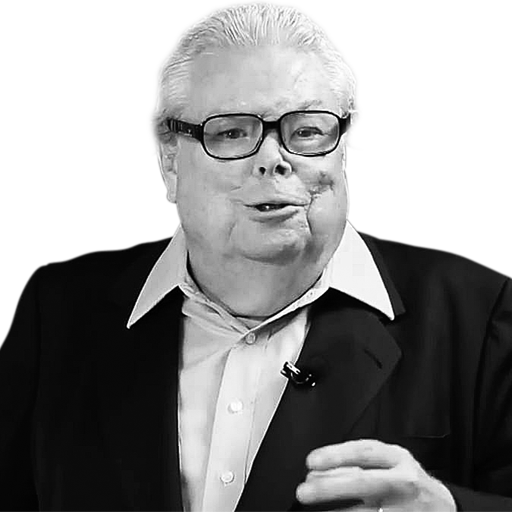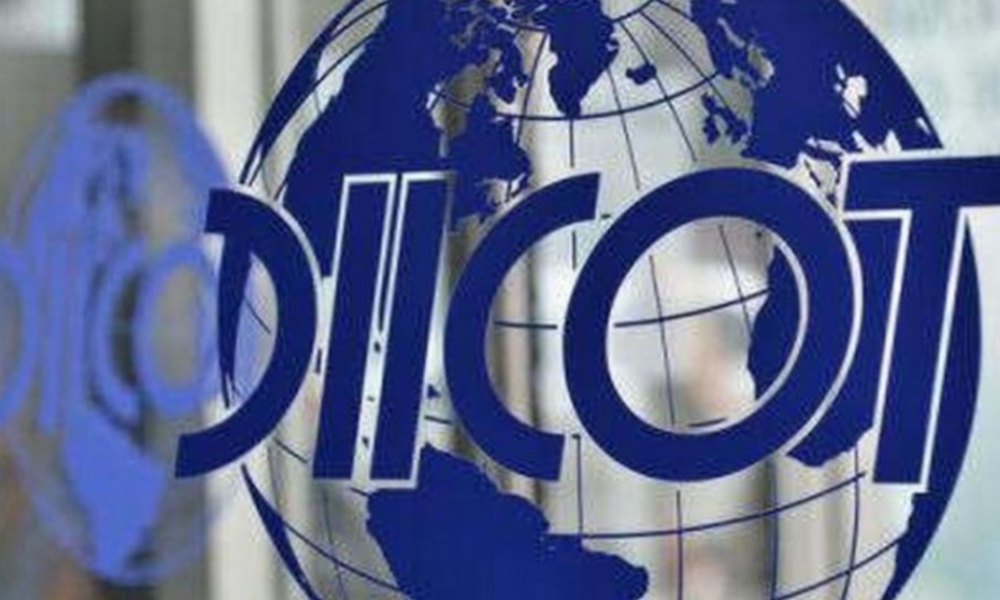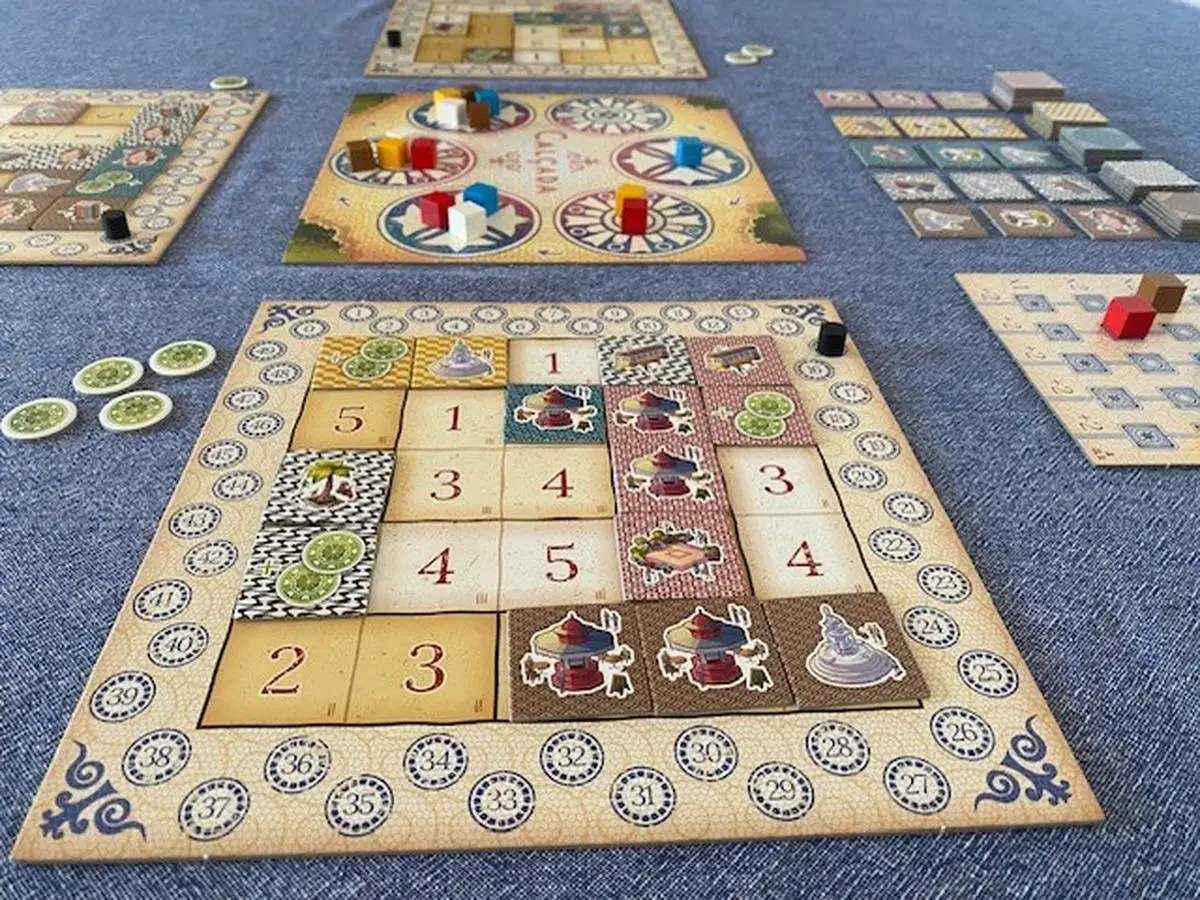AD’s new government should not have major changes

As it was to predict the phones of the various members of the government and the PSD leaders have not stopped playing these days. The media seeks news about the composition of the new executive but the answer is invariably the same: the prime minister decides alone.
Nevertheless, in the offices is given the departure of three ministers: Pedro Duarte, Margarida Blasco and Dalila Rodrigues. In doubt may also be the permanence of the Minister of Labor and Social Security, Maria do Rosário Palma Ramalho, on his own initiative. After being part of Montenegro’s first executive, the minister who is independent and did not integrate the lists of candidates for deputies in the last elections, will be wearing the return to private life.
As for the other ministers, the expectation is that there are no major changes to the composition of the backward government, just a few adjustments. Probable are some changes in the teams of state secretaries. Some may rise to ministers, as may be the case of Rui Armindo Freitas, current secretary of assistant state presidency.
Given for certain is the permanence of Ana Paula Martins in the Ministry of Health, but the secretaries of state should change.
What will be the choice for the difficult minister of parliamentary matters, so far occupied by Pedro Duarte? The answer to this question may require deeper changes if the choice falls on António Leitão Amaro or Castro Almeida, two possible names. But in the corridors there is also talk of another entrance, that of Teresa Morais, current vice president of AR.
Right seem to be the permanences of Aguiar Branco as President of the Assembly of the Republic and Hugo Soares as parliamentary leader of the PSD.
Although both refer to a decision by Luís Montenegro, this decision will have been right. Aguiar Branco made public statements expressing the availability to stay in office and Hugo Soares assured SIC that he is very happy in Parliament. The truth is that Hugo Soares’ political experience and his proximity to the Prime Minister put him as a mandatory choice to shield the government in the Assembly of the Republic.







